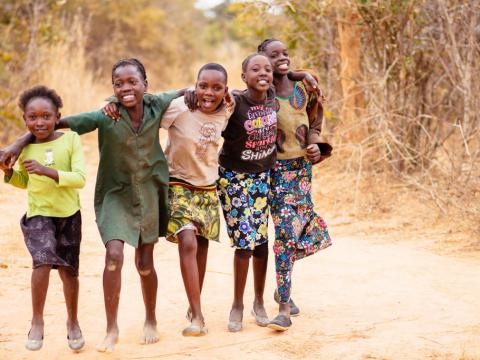Responding to children and adolescents who have been sexually abused

WHO has recently released a document entitled Responding to Children and Adolescents who have been Sexually Abused: WHO Clinical Guidelines. As described in the document, sexual abuse of children and adolescents is a major global public health problem, a violation of human rights, and has many health consequences in the short and long term. The guidelines provide recommendations aimed at front-line health care providers providing care to children, including adolescents, who have, or may have, experienced sexual abuse, including sexual assault and rape. It can also be useful for other cadres of specialist health-care providers who are likely to see children or adolescents. It is not, however, primarily aimed at CHWs. WHO will also soon be releasing supplementary guidelines on Responding to Child Maltreatment. Taken together, these guidelines will go a long way to ensuring that issues of abuse and violence are appropriately addressed.
How should World Vision bring these guidelines forward in our programming? How should we socialize the guidelines and support health facility staff who may require upskilling in these areas? What is the role of CHWs in recognizing signs of abuse and referring, and what risks or considerations need to be taken into account in this regard? How can the guidelines be used to support World Vision's It Takes A World campaign efforts? These are the themes explored in this Community Conversation.
Recording Web Stream: https://wvi.webex.com/wvi-en/ldr.php?RCID=eaa2bfa71a737e231843eb9c2197fb10
Recording Download (requires a webex player): https://wvi.webex.com/wvi-en/lsr.php?RCID=2d6125d280c2bcee12480904c376901d
Webinar Resources
Thank You To Our Speaker: Dr. Claudia Garcia-Moreno
Dr García-Moreno currently leads the team working on violence against women at the World Health Organization (WHO), which includes work on measurement and epidemiology, interventions research and development of guidelines and tools for the health sector. She has led the WHO’s work on gender and women’s health and on violence against women and was coordinator of the Gender, Reproductive Rights, Sexual Health and Adolescence team in the Department of Reproductive Health and Research until 2013 when the Department was reorganized. She coordinated the WHO Multi-Country Study on Women’s Health and Domestic Violence against Women, and is a founder and coordinating group member of the Sexual Violence Research Initiative. She is currently co-chair of the FIGO Working Group on Gender-based Violence and chair of the Independent Advisory Board of the DFID-funded What works to prevent violence against women and girls initiative, and previously a member and chair of the Steering Committee of the Global Coalition on Women and AIDS. Dr García-Moreno is a physician from Mexico with an MSC in Community Medicine from the London School of Hygiene and Tropical Medicine. She has thirty years of experience in health care delivery, sexual and reproductive health, women’s health and gender in health research and policy, including in humanitarian settings.


